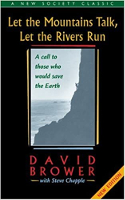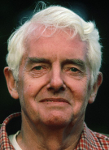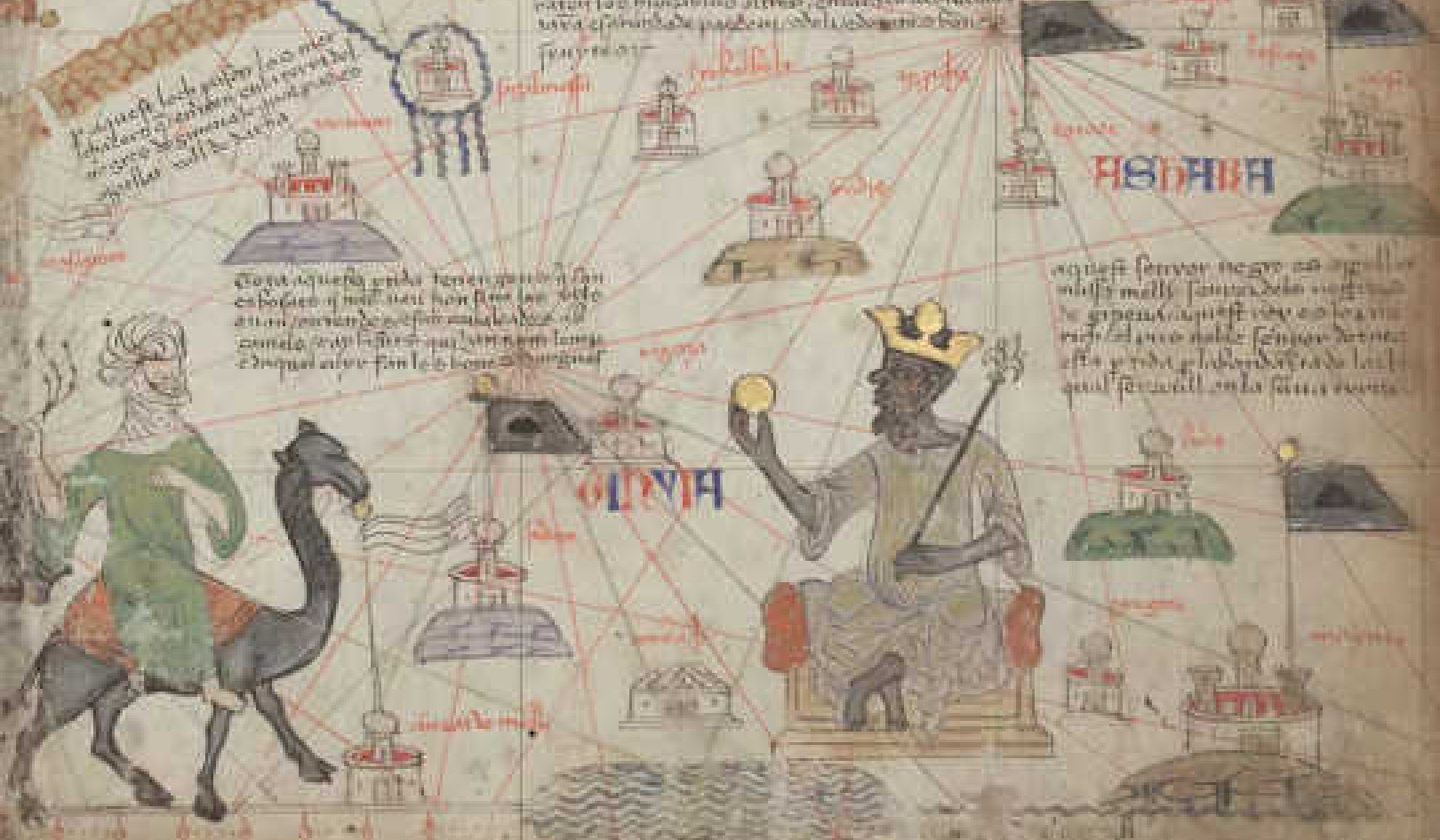
Image by Alejandro Piñero Amerio
Asked how many people the Earth can sustain indefinitely, Harvard professor E. O. Wilson, certainly one of the world's great biologists, replied: "If they have the appetite for resources of Japan and the United States, 200 million." This was reported to me in Kyoto by Dr. David Suzuki, Canadian biologist and commentator. I'd never heard so low a figure, and finally got Professor Wilson on the telephone to check up. Had he said that? "No," he responded, "but it sounds reasonable."
He gave me some people to refer to further, including population researcher and author Anne Ehrlich. She gave me an estimate at the 1991 Land, Air, and Water Conference, in Eugene, Oregon: "With a little more industrial development in the Third World, 500 million."
In other words, the Earth is now supporting (but not very well) ten times more people than it can handle over the long run. We are surviving by severely overdrawing life's account in the World Resource Bank. OK so far, as the man said after falling forty stories with only ten to go.
Trend Is Not Destiny
Somewhere I picked up a staggering statistic: In the past fifty years the United States has used up more resources than all the rest of the world in all previous history. I haven't checked that figure. I like it the way it is. If it isn't right yet, we seem determined to make it right. Wrong.
"Trend is not destiny," the late René Dubos wrote. I do not blindly oppose progress. I oppose blind progress. We had better not let the U.S. trend become the Earth's destiny. We don't need to.
Life After Birth?
I don't know about life after death, but I do believe in life after birth. And it is absolutely essential that we take steps to make that life after birth a better one. Here are some key steps to take. Try hard not to be offended by them:
- First, improve the literacy of women and leave the number of children to be born up to them -- the nurturers, not the passersby.
- Second, improve nutrition and medical care and thus reduce the number of children thought necessary for survival of our species.
- Third, improve all other forms of social security for the same reason. Remember James Reston's admonition when he was a New York Times editor: "We have no more right to tell a man how many children he may have than how many wives he may have."
I found myself unable to stop telling this admonition in time when addressing an audience in Utah, and escaped by pointing out that the number of children is a social problem, and the number of wives merely an organizational problem.
Perhaps someone should take the Pope to lunch and explain things to him. Perhaps the Dalai Lama should. He told a Berkeley audience on a sunny day in 1994: "The solution to the population problem is -- more monks!"
Reprinted with permission of the publisher,
New Society Publishers. ©2000. http://www.newsociety.com
Article Source
Let the Mountains Talk, Let the Rivers Run: A Call to Those Who Would Save the Earth
by David Brower and Steve Chapple.
 In this intelligent and engaging chronicle of his years as an agitatator for the planet, David Brower points out the irony that since the first Earth Day more than 25 years ago, we've lost over one-seventh of the world's productive land to pollution, clearcutting, and pavement-and our population has doubled! From the politics of preserving the environment and how to use New York-style PR to save tigers and dolphins, to reengineering cities, the future of hypercars, and his vision for the Earth Corps, David takes us on a sweeping journey of what has been and what could be if we apply CPR (Conservation, Preservation, Restoration) to our wounded world. Printed on entirely tree-free kenaf paper, Let the Mountains Talk, Let the Rivers Run follows its own prescription for saving the world's forests.
In this intelligent and engaging chronicle of his years as an agitatator for the planet, David Brower points out the irony that since the first Earth Day more than 25 years ago, we've lost over one-seventh of the world's productive land to pollution, clearcutting, and pavement-and our population has doubled! From the politics of preserving the environment and how to use New York-style PR to save tigers and dolphins, to reengineering cities, the future of hypercars, and his vision for the Earth Corps, David takes us on a sweeping journey of what has been and what could be if we apply CPR (Conservation, Preservation, Restoration) to our wounded world. Printed on entirely tree-free kenaf paper, Let the Mountains Talk, Let the Rivers Run follows its own prescription for saving the world's forests.
Info/Order this book. Also available as a Kindle edition.
 About the Authors
About the Authors
David Brower was the recipient of the Blue Planet Award and has been nominated twice for the Nobel Peace Prize. He was the former Executive Director of the Sierra Club, and Founder of Friends of the Earth and Earth Island Institute. He passed away in November, 2000.
He is the author of several other books.
 Steve Chapple is an award-winning writer, the author of several books, the co-host of BellaV TV ("Bright Minds in Quarantine,") and produces the national newspaper column Intellectual Capital. His current book BREAKPOINT: Reckoning with America's Environmental Crises with co-author Jeremy B.C. Jackson (Yale University Press) is a journey into America's climate crisis and its coming solutions.
Steve Chapple is an award-winning writer, the author of several books, the co-host of BellaV TV ("Bright Minds in Quarantine,") and produces the national newspaper column Intellectual Capital. His current book BREAKPOINT: Reckoning with America's Environmental Crises with co-author Jeremy B.C. Jackson (Yale University Press) is a journey into America's climate crisis and its coming solutions.
Steve Chapple is the author of several books, including Kayaking the Full Moon and Don't Mind Dying.


























